This is my take on severe weather safety. If you don't like it, just read the government version. Which is also available in Spanish.
Our main tornado season in the Tennessee Valley is in March, April, and May - the Spring months. It usually peaks at some point in late March or April, then starts to ease off during the month of May.
The best source to get severe weather alerts is a NOAA Weather Radio. A phone service like Weathercall is also good.
At minimum, everyone needs to have Wireless Emergency Alerts enabled on a cell phone.
And no one should rely on an outdoor siren as their primary source. Many people have lost their lives because they expected a siren to wake them up, which is a purpose outdoor sirens are not meant to serve.
And everyone needs to know how to find themselves on a map. It's a good idea to know the counties that border yours, as well as the one you live in.
Thanks to the fine folks at www.geology.com for preserving such knowledge that used to be commonplace but has largely been forgotten in the digital age.
Now for some definitions:
A severe thunderstorm is a thunderstorm that produces winds of at least 50 knots (58 miles per hour) or hail at least one inch in diameter (the size of a quarter).
A Severe Thunderstorm Watch means that conditions are becoming favorable for the development of severe thunderstorms over the next several hours, in and close to the watch area.
A Severe Thunderstorm Warning means that a severe thunderstorm is believed to be developing or already occurring within the warned area. This can be based on radar, a reliable report, or both.
A Tornado Watch means that conditions are favorable for severe thunderstorms, capable of producing tornadoes, over the next few hours, in and close to the watch area.
A Tornado Warning means that a tornado is believed to be developing or already occurring in the warned area. People within the warning polygon need to take immediate action to protect themselves.
A Particularly Dangerous Situation is exactly what it sounds like, and can be used for a watch or a warning. It's up to the judgement of the forecaster issuing that watch or warning.
A Tornado Emergency is also sometimes issued, at the discretion of a forecaster, to emphasize that a particularly damaging, confirmed tornado is expected to impact a lot of people.
I guess in a utopia, everyone would have an actual storm shelter in their basement or in their back yard somewhere. In reality, most people don't even have a basement.
And a lot of the battle is getting people out of a mobile home and into a sturdy house or other strong building before a tornado hits. Staying in trailers is how most people around here die in tornadoes.
And if you don't believe that scientific write-up, check out the tornadoes that happened recently in Eastern Tennessee. One of which destroyed two mobile homes, killed two people, seriously injured two others. Since this was originally posted, there have also been more recent injuries from tornadoes hitting mobile homes in Central Alabama on February 16 and again on March 4 in a tornado that hit the town of Whistler in Southern Mississippi. So am adding a mention of those events now.
In a site-built house, the safety rules are:
* Stay away from windows.
* Get to the lowest floor.
* Try to be in a smaller room like a bathroom, closet, or hallway.
* Make that room near the center of the building, putting some walls between you and the outside.
It can also help to cover your body, especially your head, with blankets or something like a pillow, in case of flying debris. Or if you really want to go the extra mile, wear a safety helmet. (Most people have an old football or bike helmet around somewhere.) Theodore Fujita even recommended those after seeing how some people's lives were saved in some of the extra-damaging tornadoes by having that protection against head/neck injuries.
In a basement, it makes sense to still stay away from any windows and to get up under something sturdy like a table, desk, set of stairs, or even a workbench in case of falling debris.
And if you have time to think about it, it's good to wear your strongest pair of shoes or boots to your shelter, in case you have to walk across debris after a storm. (People can go into a state of mental shock where they do not feel pain for a while.) If you can carry a noisemaker like an air horn, sometimes that can help alert rescue workers to your location if you were to be trapped by debris. We all hope these worst-case scenarios don't happen, but on the chance they were to, an ounce of prevention . . . can help a whole lot.
If you will be driving while severe weather is a threat, plan at least three or four places you could pull over and get inside. Vehicles are generally not much safer than mobile homes in a tornado. And that old idea of getting up under a bridge is a myth.
If you're more unnerved by severe weather than the average person, the National Weather Service in Kansas City has put together an excellent page for you. And a lot of people have good reasons to feel that way. Anybody who lived through the 2011 outbreak knows what I'm talking about. Or if anybody was around for the one in 1974, you know that if you or somebody you know went through a really bad storm, or even had a close call, that stuff stays with you. These simple things can protect you and the people you love. So please keep them in mind over the next few months.
Some people might need to use a public shelter, and I salute Craig Ceecee for putting together a national map of those. They can be lifesavers for people who live in mobile homes.
Here is a specific list of public shelters across Cullman County. Most public shelters do not allow pets, but there is one at Sportsman Lake that does allow small pets kept in carriers.
And here is a good list for North Alabama/Southern Middle Tennessee. And here is a good list for Central Alabama. For most of Tennessee, I'd contact your local EMA to see if any shelters will be open for a specific event, as there are not nearly as many public shelters up that way. It is not a bad idea to contact your local EMA ahead of time (using the non-emergency number of course) if you have any questions or concerns, such as under what circumstances the shelter will be open, or any rules you are not sure about.
As an absolute last resort, if you have no shelter, you can sometimes survive a tornado by lying in an unflooded culvert or ditch, or even flat on the ground, covering your head and neck with your hands. Believe it or not, this is a safer option than staying in a mobile home during a tornado, since tornado winds are lowest at ground level, and most or all of the debris has a good chance of flying above you. It is a last resort, but some people's lives have been saved this way over the years. I even remember a story of an elderly couple who survived the F-5 that tracked through Hackleburg by leaving a mobile home and getting in a ditch. It was the same tornado, but I think it was at Mount Hope when that occurred. Just letting you know that there is usually a way to work with your circumstances and find a way to survive a tornado. That was a nightmare scenario for that man and his wife, but they did the right thing and were okay.
And while I'd rather you be too prepared than not prepared enough, it's important to remember that tornadoes are relatively rare events. And those monster tornadoes like the ones on April 27, 2011 are really rare, like one tornado out of every 50 or 100 might become that violent. And not everyone within the vortex gets the absolute worst winds. So the odds are in your favor, especially if you live in a sturdy house that is properly anchored to the ground. It's still important to do the right things and encourage the people around you to stay safe too. The National Weather Service in Birmingham tells people that they can "be the hero". And it's true. If you are the only one at your workplace, school, or in your family who knows what's going on and when/how to take shelter, then speak up when the time comes.
Any time there is a threat for severe weather, we all hope it doesn't affect us directly. Usually it doesn't. But once in a while, staying aware and taking basic precautions can save people from serious injury . . . or be a literal lifesaver.
Any questions or suggestions for things to add to this post, drop me an e-mail or leave a comment below.
Sunday March 9 Update - Added some updated information on recent injuries in mobile homes from tornadoes as well as polishing up the whole thing, which included adding maps of Alabama, Tennessee, and Mississippi. I have a hunch that we may have to watch more storms than usual coming out of Mississippi this season. But we really do every year to an extent. And people who live in Northwest Alabama need to know those counties as well as some bordering counties in Tennessee. Some of the information on public shelters may seem redundant, since we've got a national map of them. But I'd rather people have too much information they can reference than too little. Plus once in a while one website might be down while another still has good information. It's also good for people to know local numbers to their police, fire/rescue, and so on if they don't already have them saved. Maybe I should have reposted this edited version, but for now, I just edited the post I originally made back in February here.
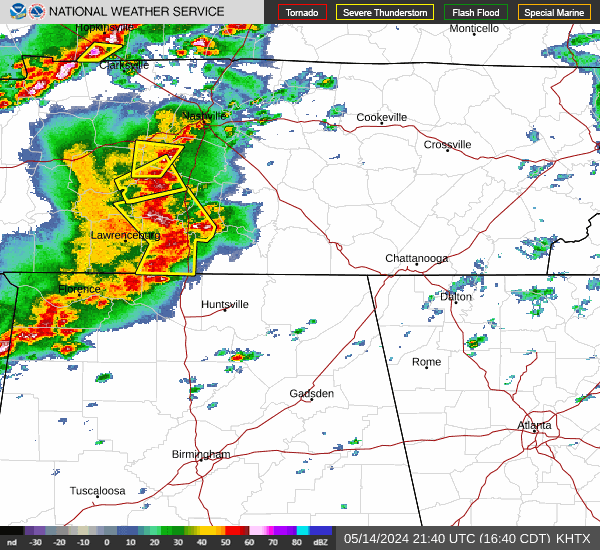
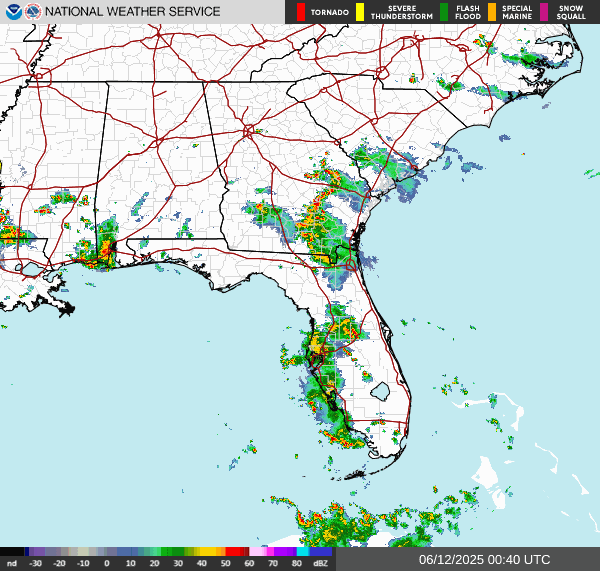
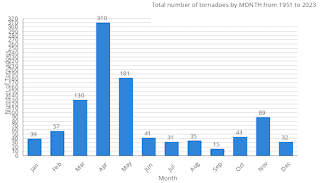



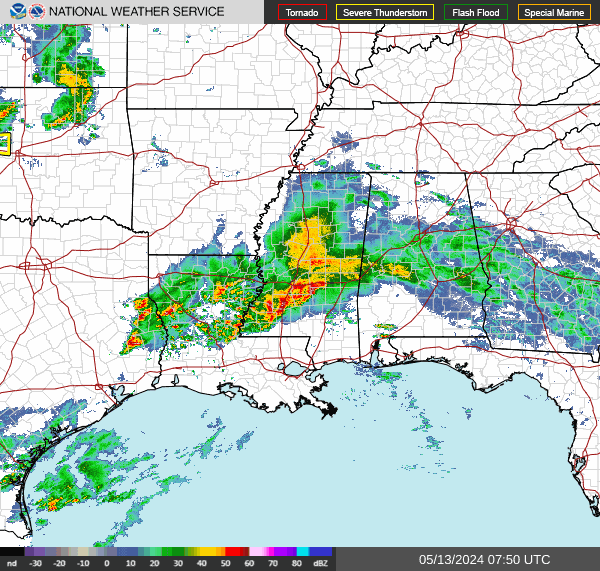
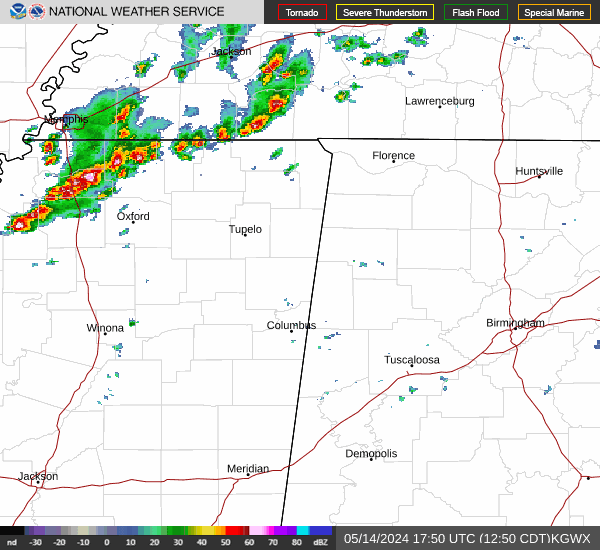
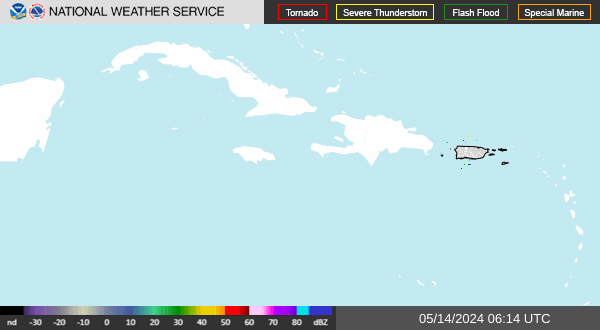



No comments:
Post a Comment